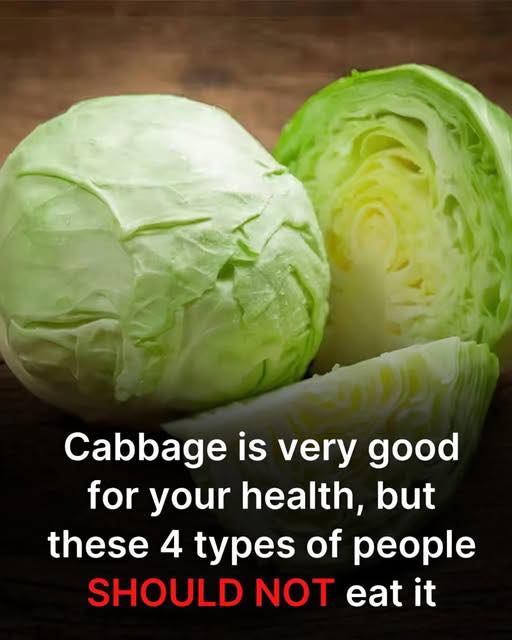
Cabbage Might Be Good for Most—but Not Everyone: What Seniors Need to Know About This Common Vegetable
Here are a few senior-friendly tips to enjoy it safely:
- Always cook it well. Steaming or boiling cabbage can break down some of the problematic compounds like goitrin and oxalates.
- Soak before use. A simple soak in salted water (10–15 minutes) can neutralize some of the thyroid-affecting compounds.
- Watch your portions. Moderation is key, especially if you have a health condition. Think of cabbage as an occasional treat, not a daily staple.
- Try gentler varieties. Napa cabbage or Savoy cabbage are often easier on digestion than green or red cabbage.
- Balance your plate. Pair cabbage with easily digestible proteins, heart-healthy fats, and low-oxalate vegetables to offset any potential risks.
Listen to Your Body and Stay Informed
There’s no denying it—cabbage is a nutritional powerhouse that offers a lot for very little money. But as with many healthy foods, one size doesn’t fit all—especially as we age.
If you’ve got thyroid problems, kidney disease, digestive troubles, or allergies, cabbage may not be your best friend. That doesn’t make it bad. It just means you need to be mindful.
Health after 60 is about finding the balance between nourishment and comfort, tradition and transformation. You don’t have to sacrifice the foods you love—but you do have to listen to what your body needs.
And sometimes, the kindest thing we can do is adapt. Even if it means trading cabbage soup for something gentler—your health is always worth it.